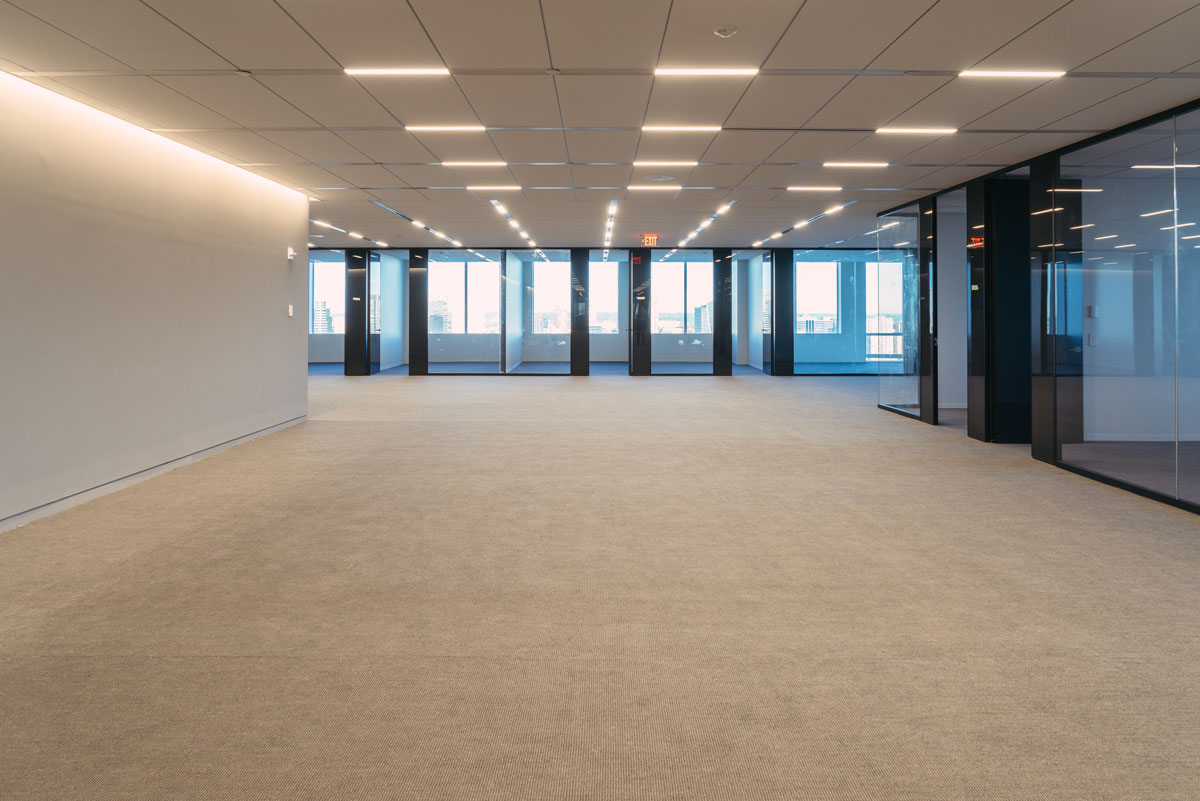Are you planning to start your small business venture? One of the crucial decisions you will make is choosing the perfect commercial space for it. Location plays a significant role in determining the success of any business. It can affect customer traffic, accessibility, and branding. In this blog post, we’ll explore the importance of location and how to find the best site for your small business. Get ready to learn everything you need to know about finding a prime commercial spot that will help kick-start your entrepreneurial journey!
The Importance of Location for Your Business
The location of your business can have a big impact on its success. If you’re starting a small business, it’s important to choose a Monroe commercial real estate for sale location that will help your business grow and thrive.
There are a few things to consider when choosing a location for your small business:
1. Foot traffic. Does the location get a lot of foot traffic? If so, that’s good news for your business. locations with high foot traffic tend to be more successful than those without.
2. Proximity to other businesses. Is the location near other businesses that complement yours? For example, if you’re opening a bakery, you might want to be located near a grocery store or coffee shop.
3. Rent price. Of course, you’ll want to consider how much rent you can afford. But don’t sacrifice quality for price – it’s important to find a balance between the two.
4. Parking availability. Is there plenty of parking available near the location? If not, that could deter customers from coming to your business.
5. Zoning regulations. Make sure the location is zoned for the type of business you plan on opening. Otherwise, you could run into legal trouble down the road. You can take help from Commercial Brokers in Monroe for zoning regulations.
The Different Types of Locations for Businesses
As a small business owner, one of the most important decisions you will make is choosing the right location for your business. There are many factors to consider when making this decision, including the type of business you have, your budget, and your target market.
There are three general types of locations for businesses: downtown, suburban, and rural. Each has its own advantages and disadvantages that you need to consider before making your final decision.
Downtown locations are usually the most expensive, but they offer the most foot traffic and visibility for your business. If you’re in a service-based or retail business, a downtown location may be ideal. However, if you’re in a manufacturing or industrial business, the noise and traffic may not be conducive to a productive work environment.
Suburban locations are typically less expensive than downtown locations and offer more space for your business to grow. They also tend to have less foot traffic than downtowns, so they may not be ideal for service-based or retail businesses. However, if you have a manufacturing or industrial business, a suburban location may be perfect for you because of the lower rent and ample parking and loading areas.
Rural locations are the least expensive option but offer the least visibility for your business. If your target market is local, a rural location may work well for you. However, if you’re looking to attract customers from outside of your immediate area, a rural location may not be ideal.
How to Choose the Right Location for Your Small Business
There are a few key things to keep in mind when choosing the right location for your small business:
1. Foot traffic and visibility. You want to choose a location that gets a lot of foot traffic so that potential customers will see your business. If you’re not in a high-traffic area, make sure you have good visibility from the street or sidewalk.
2. Parking and accessibility. Make sure there is enough parking for your customers and that your location is easily accessible by public transportation or major roads.
3. Demographics. Consider the demographics of the area around your potential location. Are there a lot of families? Young adults? Business professionals? Knowing who your target customer is will help you choose a location that they’re likely to frequent.
4. Rent and lease terms. Be sure to consider the rent price and length of the lease when choosing a location for your small business. You don’t want to sign a long-term lease only to find out later that the rent is too high or the space isn’t right for your needs.
5. Competition. Take a look at the competition in the area around your potential location. Is there already a similar business nearby? If so, you may want to choose another location so you don’t have to compete directly with them for customers.
